law & jurisprudence
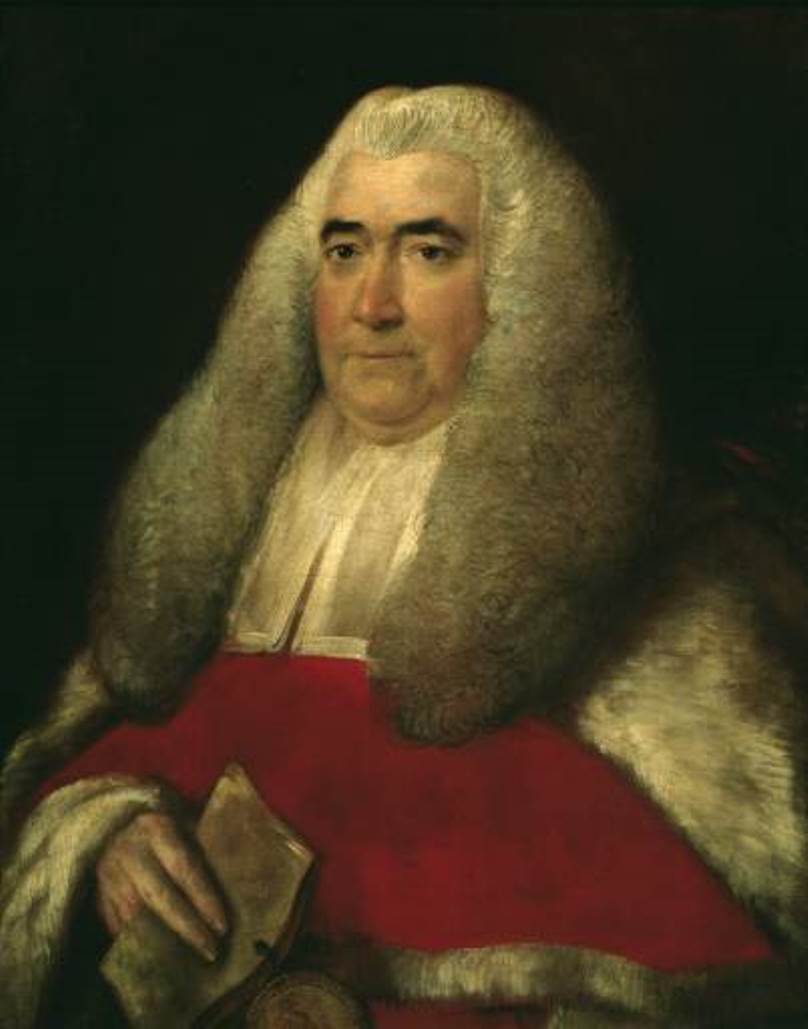

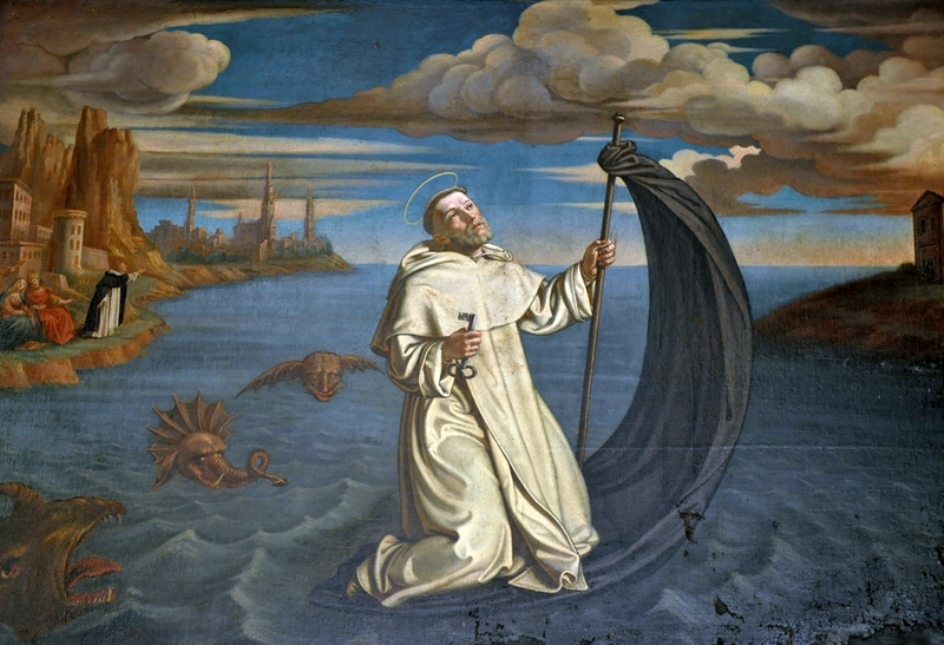
Raymond of Penyafort (Spanish: San Raimundo de Peñafort) was a Spanish theologian, canonist, and Dominican friar who is revered as a saint in the Catholic Church.
Raimondo was an adviser and confessor to the Pope in Rome as well as to kings, particularly James I of Catalonia and Aragon. Together with King James of Aragon and St. Peter Nolasco, he founded the Order of Our Lady of Ransom. The monks of this Order devoted themselves to saving Christians captured by the Moors. One of Raimondo of Peñafort's main goals was the conversion of Jews and Muslims to Christianity, and to achieve this goal he ordered Arabic and Hebrew to be studied and taught in the higher schools run by the Dominicans. He was also among those who founded the Inquisition in Catalonia.
Raimondo died at the age of 100 in Barcelona in 1275 and was canonized by Pope Clement VIII in the same year.
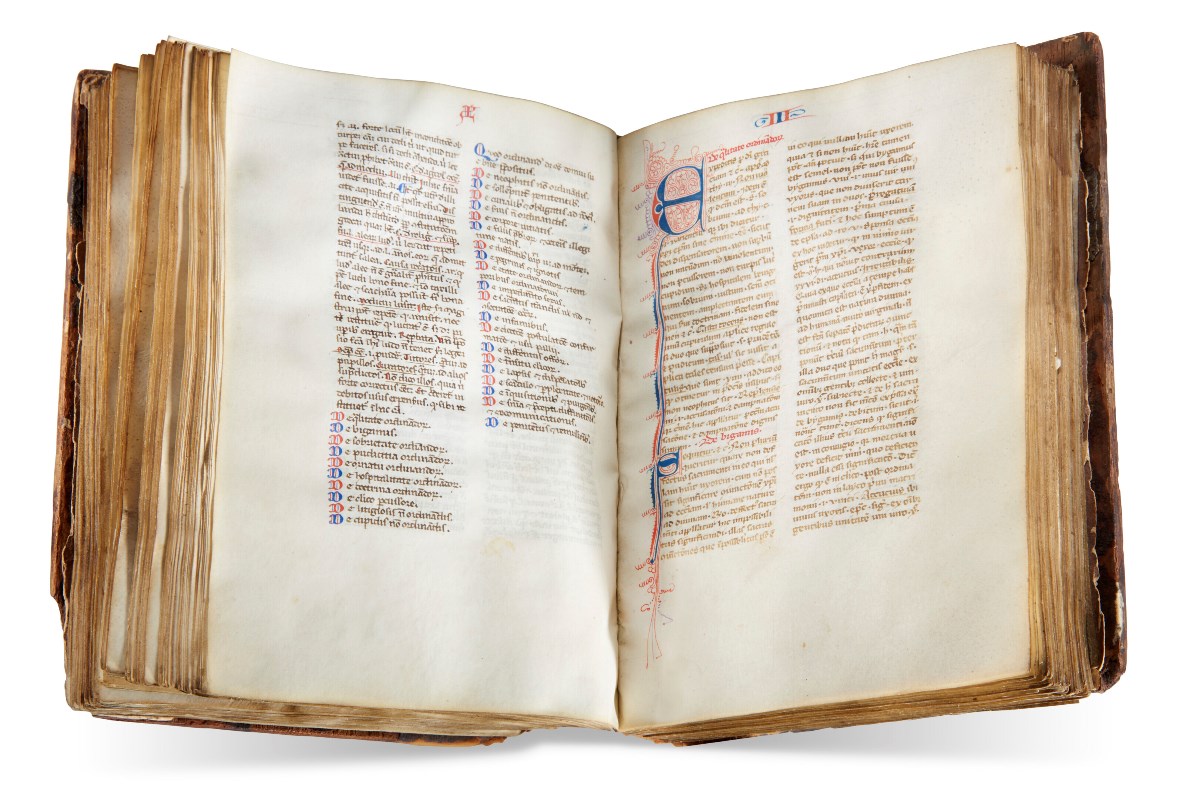
William of Rennes was a 13th-century French Roman Catholic monk, poet, theologian, and expert in canon law.
His commentaries and annotations on the works of the revered Catholic saint Raymond of Peñafort enjoyed almost equal authority in most manuscripts and early editions on academic theology and canon law. William of Rennes also wrote the epic of King Arthur, which is of interest to scholars of literature in that it was the first attempt to transform a medieval hero into a hero of classical eras.

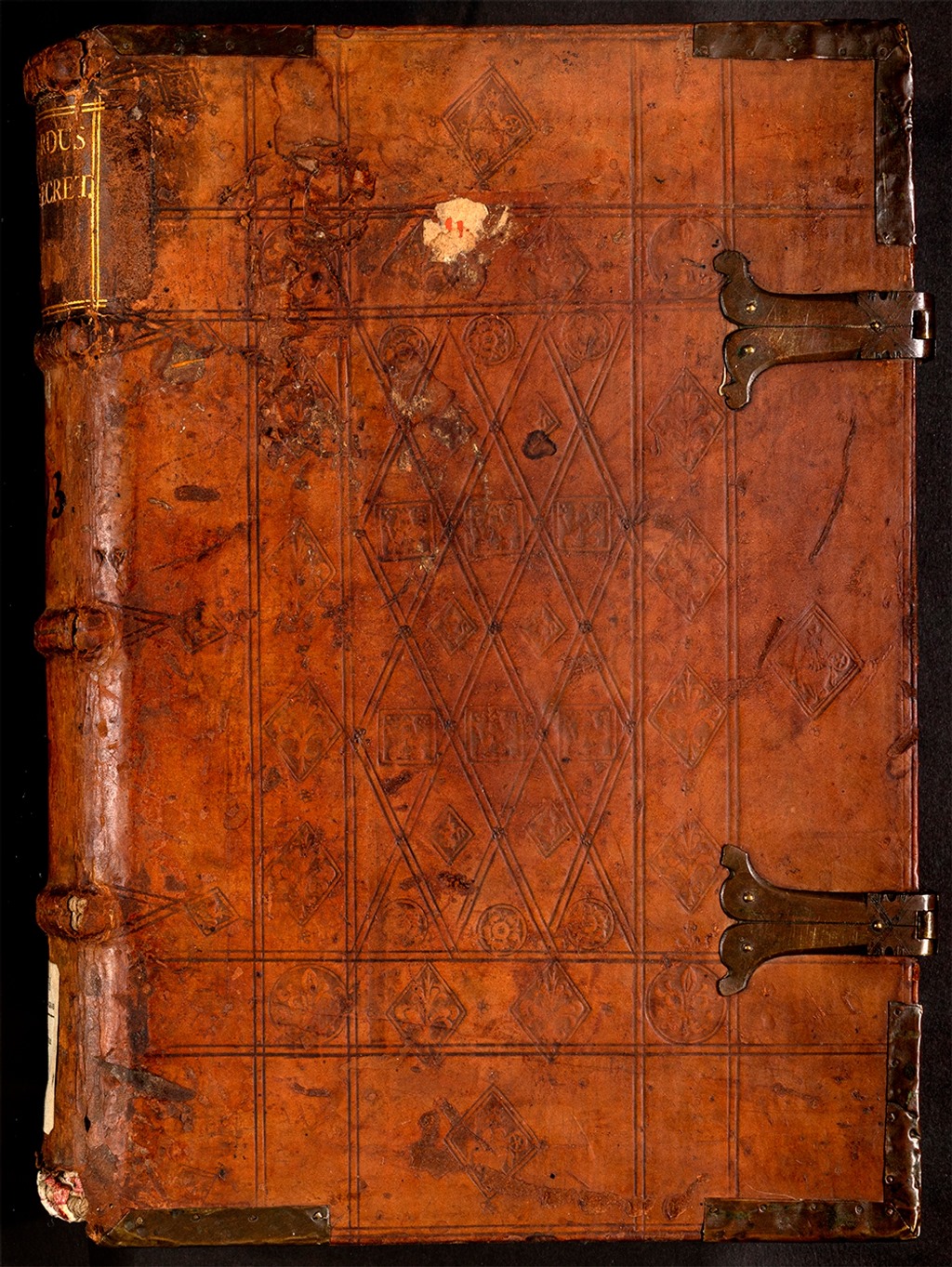

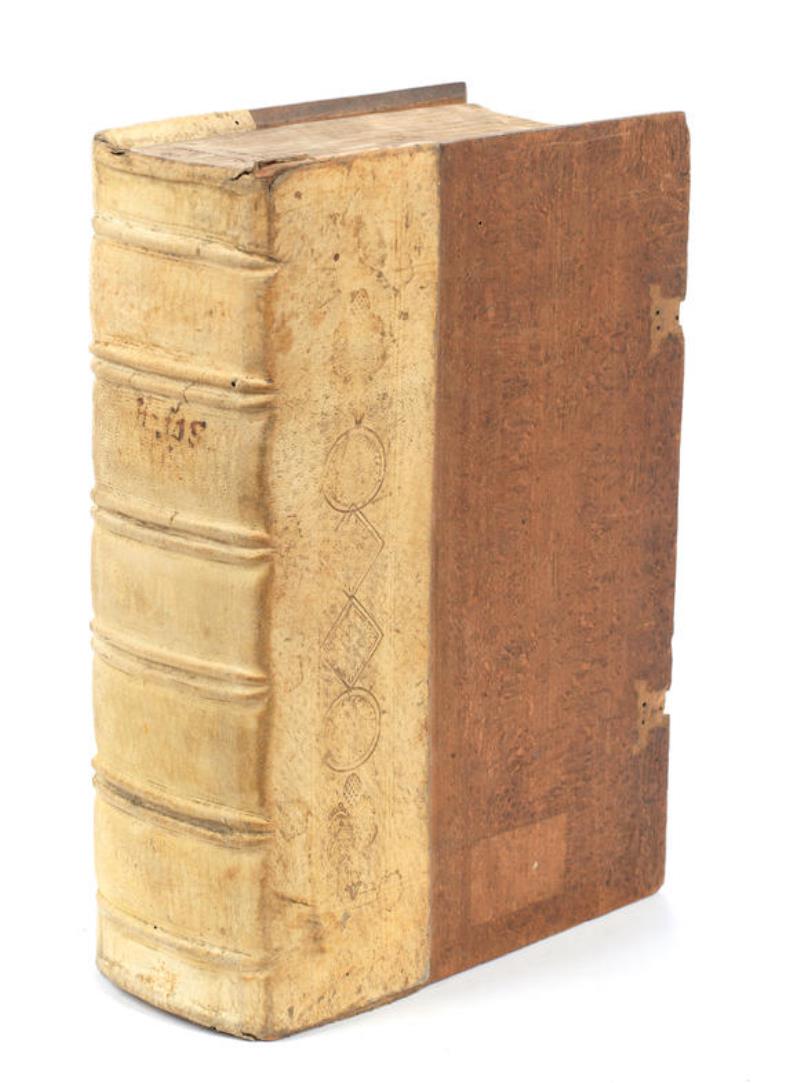

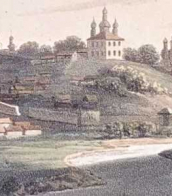
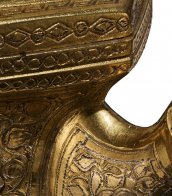
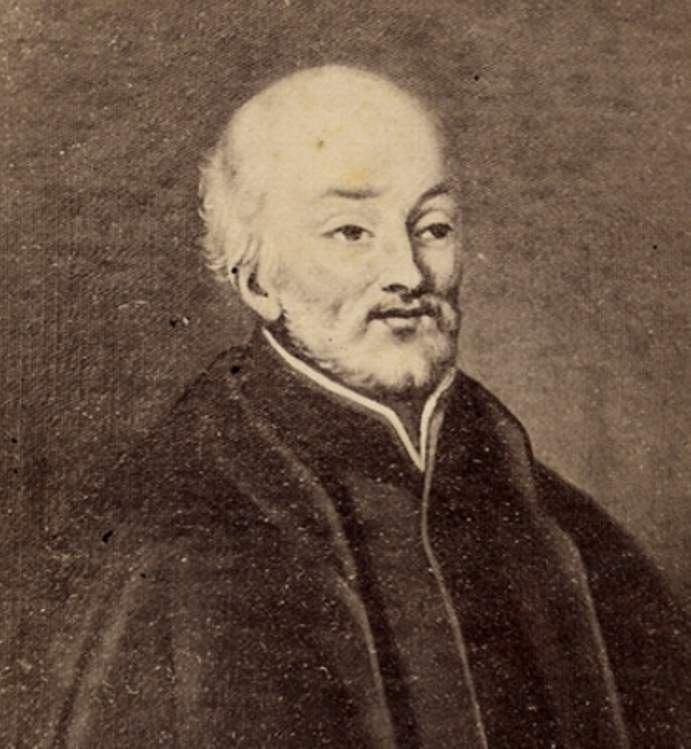
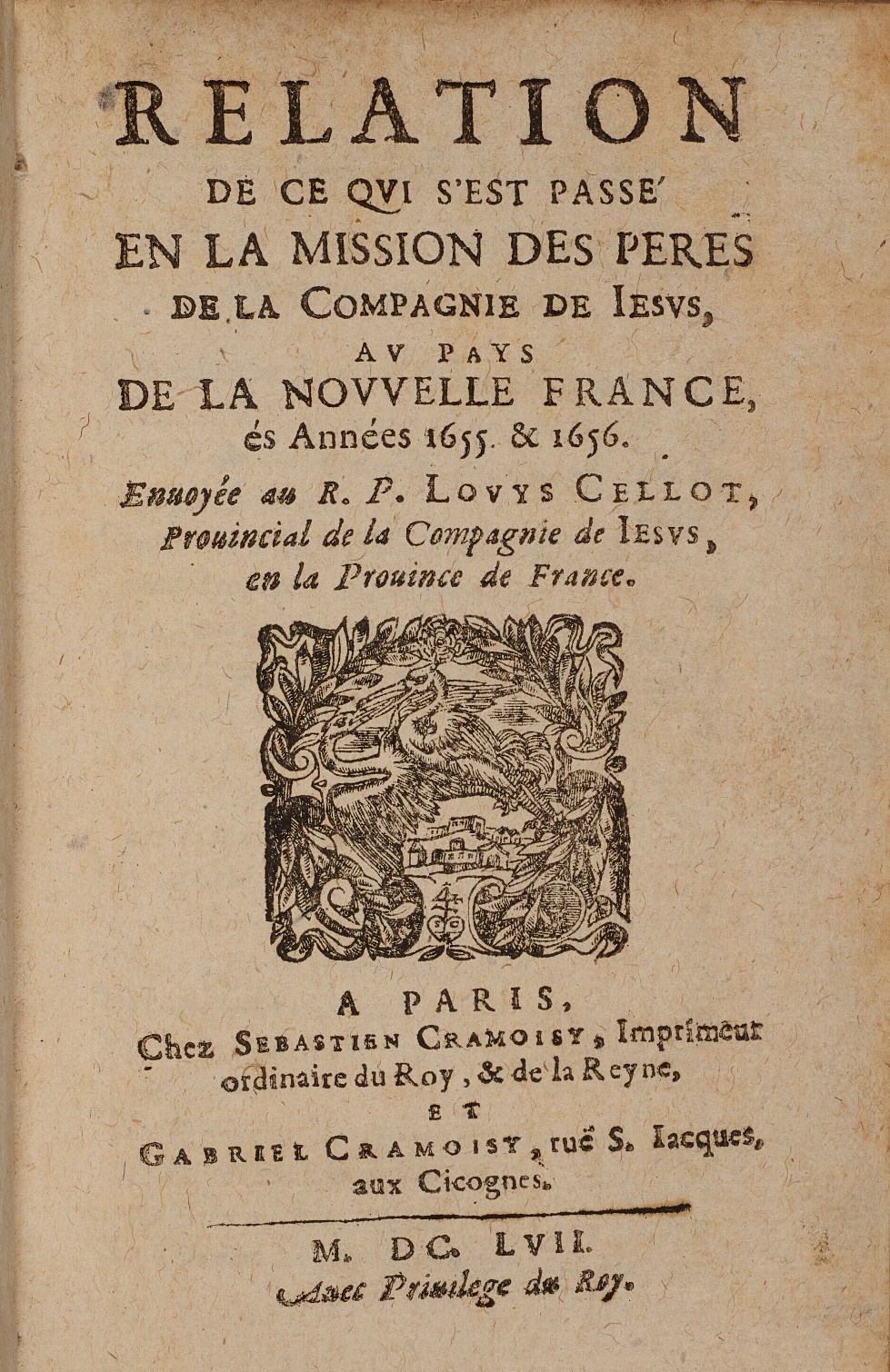


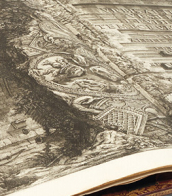
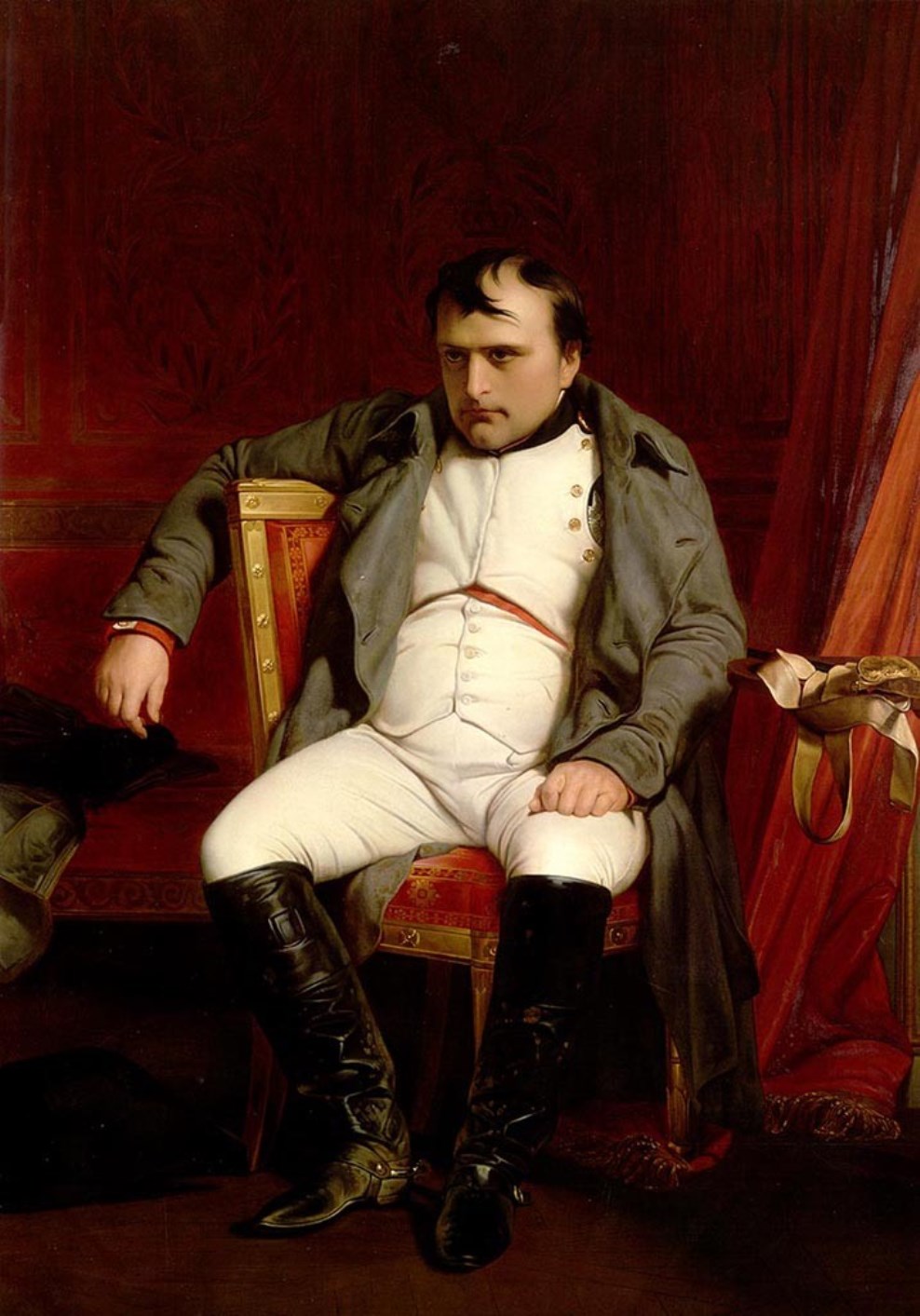
Napoleon I Bonaparte was a French statesman and military leader, Emperor of France (1804-1815).
Napoleon was born in the family of an ignorant Corsican nobleman, graduated from the Brienne military school, then the Paris military school. In 1785 he began military service in the rank of junior lieutenant of artillery in the Royal Army. From the first days of the Great French Revolution of 1789-1799 Bonaparte joined the political struggle on the island of Corsica, in 1792 in Valence joined the Jacobin Club and actively participated in all the turbulent political and military events.
In November 1799 Napoleon was at the head of a coup d'état: the government of the Directory was deposed, and the French Republic was headed by three consuls, the first of whom was Napoleon. In June 1804 Bonaparte was proclaimed Emperor Napoleon I of France, and in December a lavish coronation ceremony took place. After Italy recognized him as its king, in March 1805 he was also crowned in Milan.
With his rise to power, France entered a period of almost continuous warfare. Napoleon greatly expanded the territory of the empire, made most of the states of Western and Central Europe dependent on France. His brothers became kings: Joseph in Naples, Louis in Holland, and Jerome in Westphalia. In 1812, Napoleon made a campaign against Russia and even reached Moscow, but the Russian troops under the leadership of commander M.I. Kutuzov with the active support of all the people completely defeated the "invincible army". This military campaign was the beginning of the collapse of Napoleon's empire. The entry of the anti-French coalition troops into Paris in March 1814 forced Napoleon I to abdicate (April 6, 1814).
Napoleon retained the title of Emperor and was given possession of the island of Elba in the Mediterranean Sea. However, in March 1815, the deposed emperor at the head of a small detachment suddenly landed in the south of France and three weeks later, without a single shot entered Paris. But the emperor failed to live up to the hopes of the people of France, plus his defeat at the Battle of Waterloo all led to his second abdication. As a result, Napoleon Bonaparte was exiled to the island of St. Helena in the Atlantic Ocean, where he died on May 5, 1821.

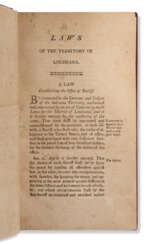

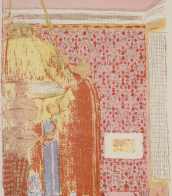
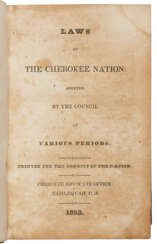

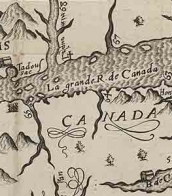


![[ENGLISH INCUNABULUM]](/assets/image/picture_4035971/a8edc/0ebd22a378de66ee83b921ea82fb9ed91720562400jpg__fix_374_244.jpeg)
![[ENGLISH INCUNABULUM]](https://veryimportantlot.com/assets/image/picture_4035971/a8edc/0ebd22a378de66ee83b921ea82fb9ed91720562400jpg__fix_374_244.jpeg)





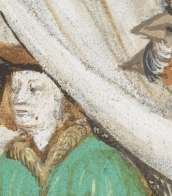
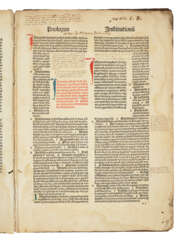

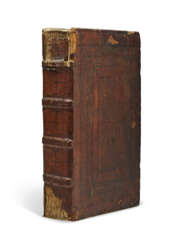

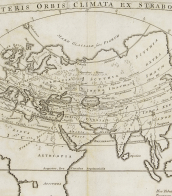
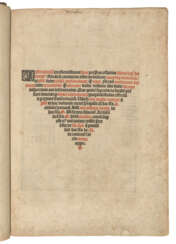




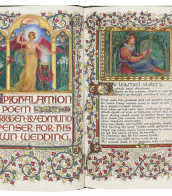


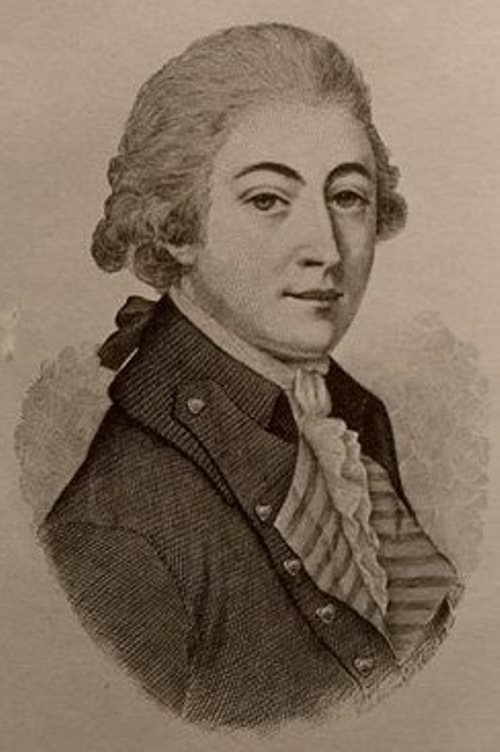
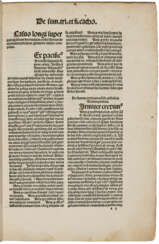

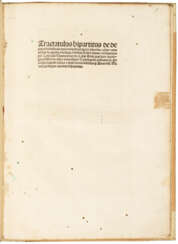

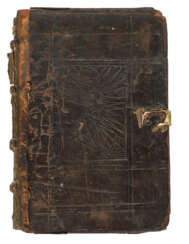

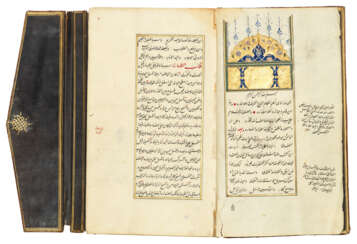

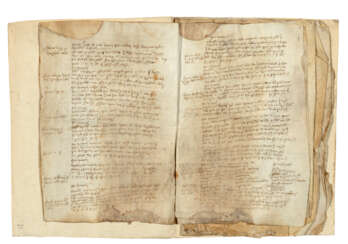

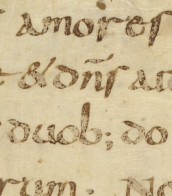
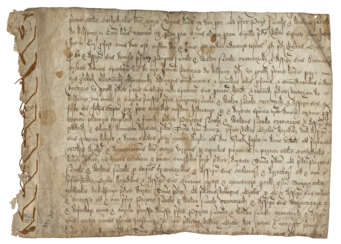

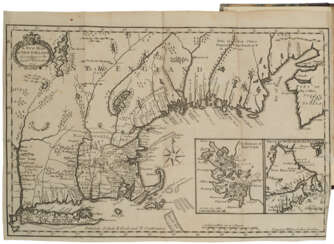

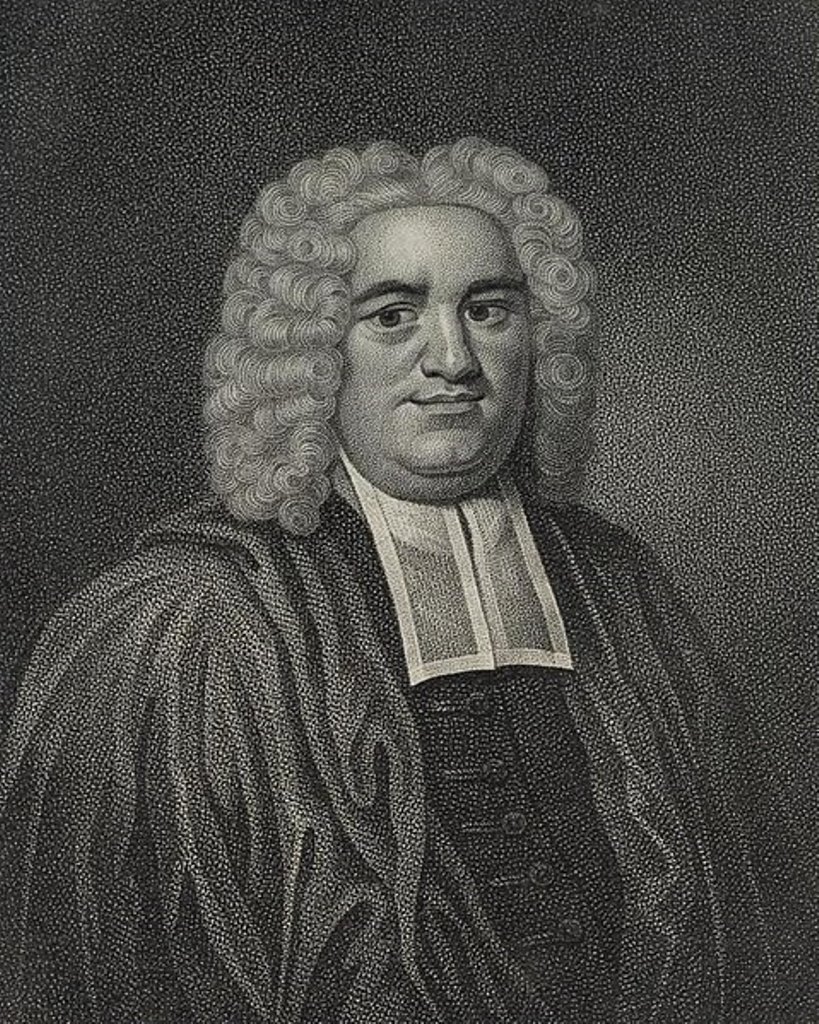
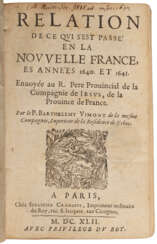

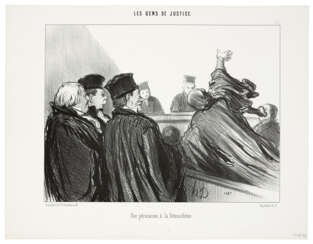

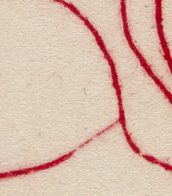
![O primeiro[-quinto] livro das ordenaçoẽs](/assets/image/picture_4944552/4231c/b426523863a4da15a9ae5e4b1348fe611759413600jpg__fix_374_244.jpeg)
![O primeiro[-quinto] livro das ordenaçoẽs](https://veryimportantlot.com/assets/image/picture_4944552/4231c/b426523863a4da15a9ae5e4b1348fe611759413600jpg__fix_374_244.jpeg)
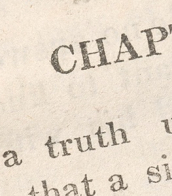


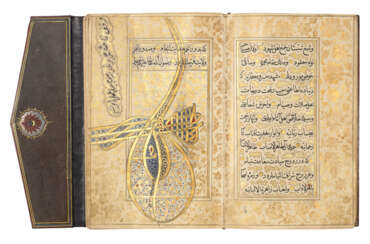

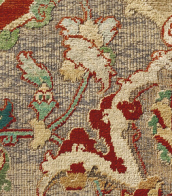


![[AUGEARD, Mathieu (1673-1751)]](/assets/image/picture_2500724/45e94/52e491549b1f13fdeca7398b4c4a7c811667984400jpg__fix_374_244.jpeg)
![[AUGEARD, Mathieu (1673-1751)]](https://veryimportantlot.com/assets/image/picture_2500724/45e94/52e491549b1f13fdeca7398b4c4a7c811667984400jpg__fix_374_244.jpeg)
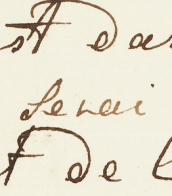
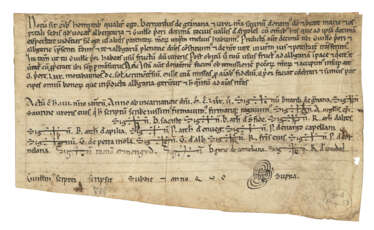

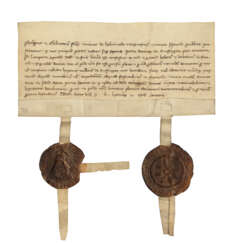

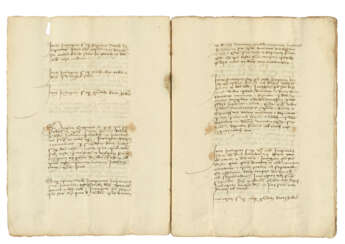

![[MALESHERBES, Chrétien-Guillaume de Lamoignon de (1721-1794)]](/assets/image/picture_3601347/26d6f/juvqbkxeztwefl8qinsgeovf79i4z6vh4hdyh7pzkvrj24dtlslhpvxzwkt18d1700205640jpg__fix_374_244.jpeg)
![[MALESHERBES, Chrétien-Guillaume de Lamoignon de (1721-1794)]](https://veryimportantlot.com/assets/image/picture_3601347/26d6f/juvqbkxeztwefl8qinsgeovf79i4z6vh4hdyh7pzkvrj24dtlslhpvxzwkt18d1700205640jpg__fix_374_244.jpeg)
![[NAPOLÉON BONAPARTE, EMPEREUR DES FRANÇAIS (1769-1821)] et Joseph-Henri FLACON-ROCHELLE (1781-1834)](/assets/image/picture_3601381/567e7/t5thljtyjvssfc78c1kjb8detdr9sa9z6b0dfgoakgbnhjolcihne22zzev91yqf1700205866jpg__fix_374_244.jpeg)
![[NAPOLÉON BONAPARTE, EMPEREUR DES FRANÇAIS (1769-1821)] et Joseph-Henri FLACON-ROCHELLE (1781-1834)](https://veryimportantlot.com/assets/image/picture_3601381/567e7/t5thljtyjvssfc78c1kjb8detdr9sa9z6b0dfgoakgbnhjolcihne22zzev91yqf1700205866jpg__fix_374_244.jpeg)